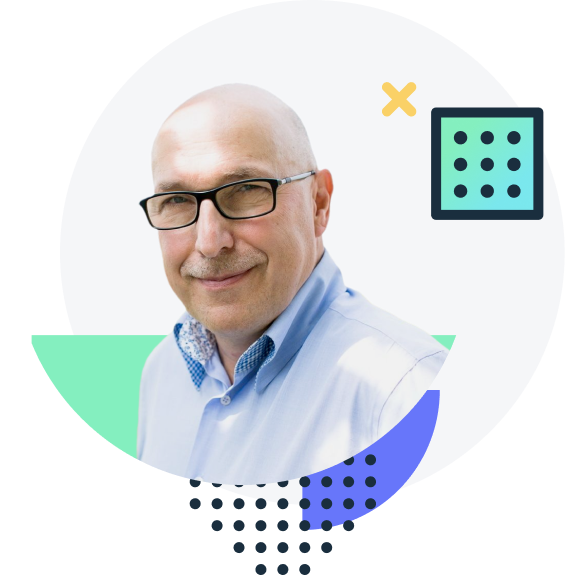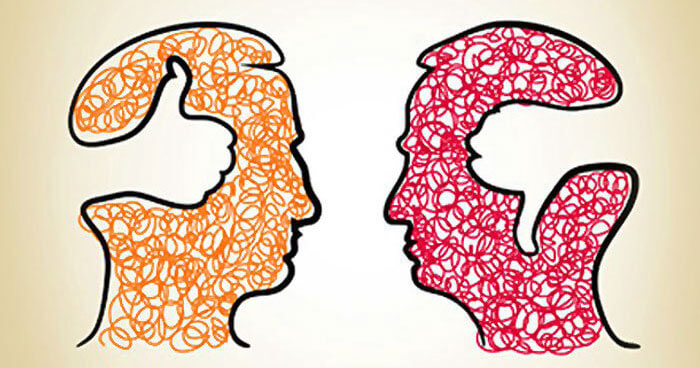CLF Jan 2024 Debrief: Lessons from building a 2 million+ developer community at MathWorks

Intro
Hans Scharler of MathWorks is a pure veteran in the community world. He has been building a community from as early as 1994! It grew into the current MathWorks community of more than 2 million developers and scientists being supported worldwide. I surprised him a bit when I asked him to tell his story. He never did till now. So, recently he finally shared his story with the members Community Leaders Forum. It was about the history and lessons learned. Needless to say, even the seasoned members of the Community Leaders Forum we clinging on to their seats. I am sharing with you what we learned below in a debrief. Part 2, the future, will happen in Feb 2024. Don’t miss it! Here are Hans’s lessons
1. What’s luck got to do with it?
The first lesson is a retrospect. Somewhere down the line, you have made choices. And the collective of those choices has led to the current success of the community. Every senior will tell you that in retrospect, you got lucky. Like soldiers surviving a war. Yes, you were good. Yes, you made the right decisions and yes, you got lucky.
2. Be Authentic!
Hans stayed close to his audience. He did not inflate or deflate himself. He learned as he went along and sometimes felt like an imposter. Like others knew better than he did. He was honest and authentic. People trusted him to say that he didn’t know.
3. Measure meaningful metric
Measuring and reporting must be done to deliver value, support growth, and make decisions. Turn metrics into stories and ultimately have different stories for different audiences. Sr. Management is not interested in pageviews but in the impact on the business. Over the years Hans has abandoned focusing on content artifacts in favor of focusing on people. He used the acquire-engage-enlist model to do so. So, combining reporting about members in those stages. In ‘acquire’, he would focus on New Members and Returning Members, in ‘engage’ he would focus on human engagement like Following, Friending, Liking, etc, and then finally turn to ‘enlist’ reporting where clear participation in creation and sharing was happening that led to new members.
4. Meet people where they are
Hans adopted a pragmatic approach to servicing his audience. In the Community Leaders Forum meetups over the years, we frequently discussed using your own platform and attracting an audience toward your community VS joining other platforms. Hans has adopted both. Reddit and LinkedIn were by far the largest places where his audience would frequent. Since he built his own platform from scratch (when he started none of the current vendors existed), he could decide where and how to integrate with both to cross-pollinate the community. He does see a need for always a baseline for your core platform as the likes of external fora come and go. Also, integrations with Slack and Teams are in the plans.
5. Find ways to co-create
Hans took lessons from the book by Donella Meadows, Thinking in Systems and applied it to the community about leadership, connections and network effects. This leads to a “leader-led” community where you want as many creators as possible in as many places as possible. A good way to remember this in the 90-9-1 rule: Creators need an audience and an audience needs creators! Identifying your creators and knowing what drives them will lead to community success.
6. Automate transactions
Make it easy to ask a question, find an answer or create an answer. With smart logic, designing proper journeys, using AI and integrating with systems you MUST make the mechanical task as frictionless as possible. Hans even uses GPT to role play nasty questions coming from an audience and training his moderators to craft proper responses.
7. Focus on deep engagement
Your company’s product/service can easily be duplicated. Your community cannot be. Invest in building relationships. Listen, talk, and build trust. (Editor: The topic of building trust has been extensively discussed in previous Community Leaders Forum sessions). Create shared experiences. Use the power of 6: Create subgroups of 6. 6 is the maximum in a group where participation is equally shared and participants are invited to create. More than 6 leads to a creator-lurker model.
The meeting was met with high praise from the audience. The next session will be about the future of MatLab community and community in general.
So, now you know what went on and also know that you can join these sessions too! Just go here and register or contact me. I’ll make sure your story gets told, heard and that you get answers no matter what your questions are.








